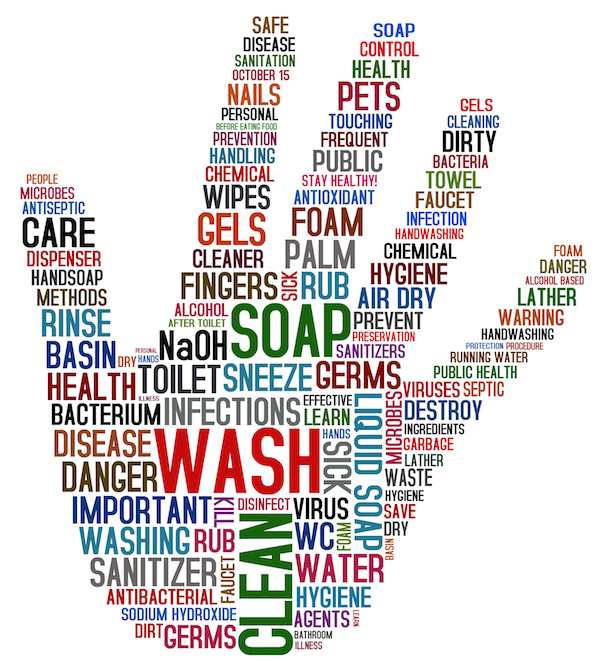
THURSDAY, March 12, 2015 (HealthDay News) — Ebola caused major disruptions to health care systems in West Africa and has put hundreds of thousands of children at risk for measles and other vaccine-preventable diseases, new research suggests.
Guinea, Liberia and Sierra Leone were hardest hit by the Ebola outbreak that began in December 2013 and has led to more than 14,000 confirmed cases and more than 10,000 deaths. Many health care facilities in those countries have closed, and many people have stayed away from those that remained open because they’re worried about being exposed to Ebola, the researchers said.
As a result, many people have not received routine medical care, the Johns Hopkins Bloomberg School of Public Health researchers said.
The researchers calculated that for every month of Ebola-related interruption in the health care systems of those West African nations, an additional 20,000 children aged 9 months to 5 years became susceptible to measles.
If a large measles outbreak occurred in the region, nearly twice as many people could be sickened. And thousands more could die than might have before the Ebola outbreak, according to the study in the March 13 issue of the journal Science.
“The secondary effects of Ebola — both in childhood infections and other health outcomes — are potentially as devastating in terms of loss of life as the disease itself,” study leader Justin Lessler, an assistant professor in the department of epidemiology, said in a Hopkins news release.
“While the downstream effects of Ebola are many, we can actually do something about measles relatively cheaply and easily, saving many lives by restarting derailed vaccination campaigns,” he added.
Prior to the Ebola outbreak, there were about 778,000 children aged 9 months to 5 years in Guinea, Liberia and Sierra Leone who had not been vaccinated against measles. With the Ebola-related upheaval in the nations’ health systems, there will be more than 1 million children in that age group who have not been vaccinated against measles, a 45 percent increase, the study found.
The estimated number of measles cases during a large regional outbreak climbed from about 127,000 before the Ebola outbreak to 227,000 after the outbreak, with between 2,000 and 16,000 more deaths, the researchers calculated. Most of the additional cases and deaths would occur in young children.
The Ebola outbreak also slowed delivery of the oral polio vaccine, a tuberculosis vaccine and a vaccine that protects against meningitis, pneumonia, ear infections, whooping cough, tetanus, hepatitis B and diphtheria, the study authors noted.
The number of children not receiving these vaccines may be 600,000 to 700,000, according to Lessler.
He added that the Ebola outbreak also disrupted health care to people with malaria, HIV and tuberculosis.
“These setbacks have the potential to erode the substantial gains in the control of these diseases over recent decades,” Lessler said. “It could be a long time before the health care systems in the region recover from this.”
More information
The World Health Organization has more about measles.
Copyright © 2026 HealthDay. All rights reserved.

